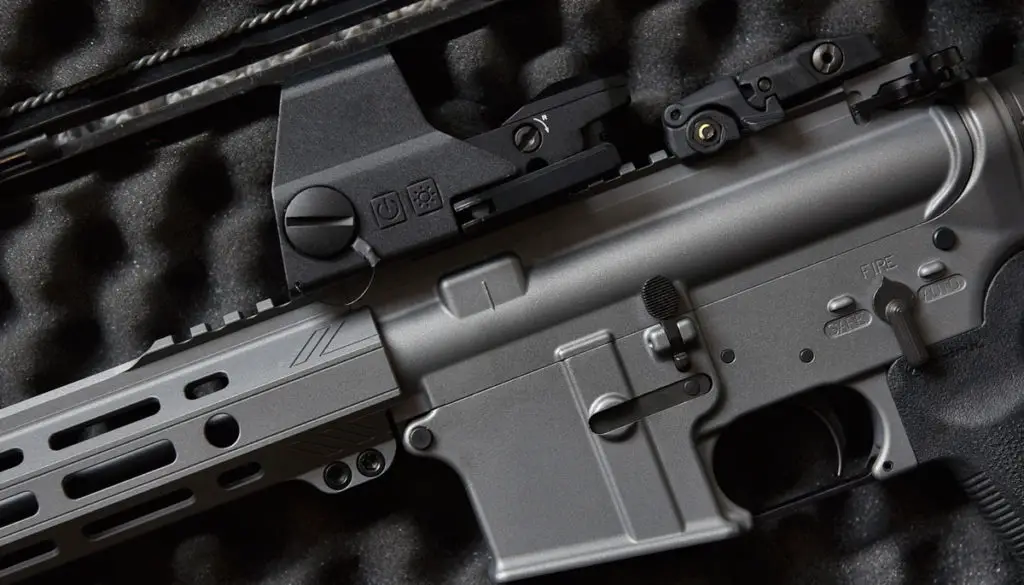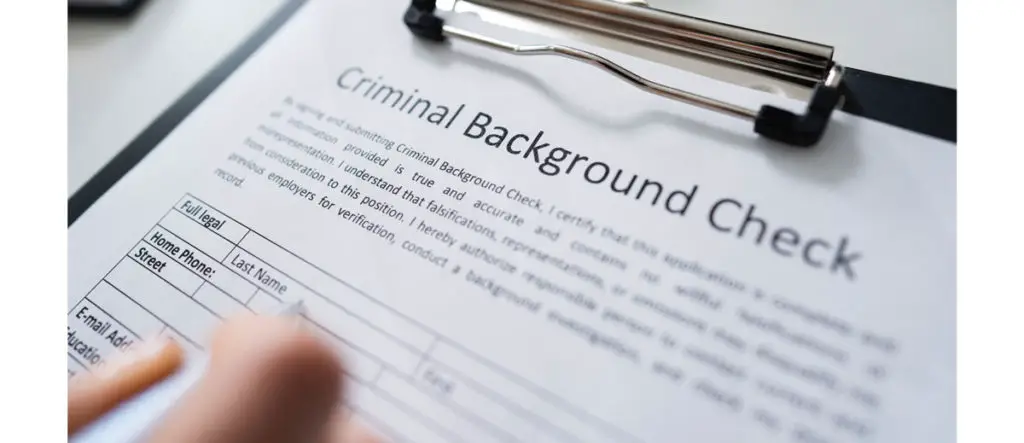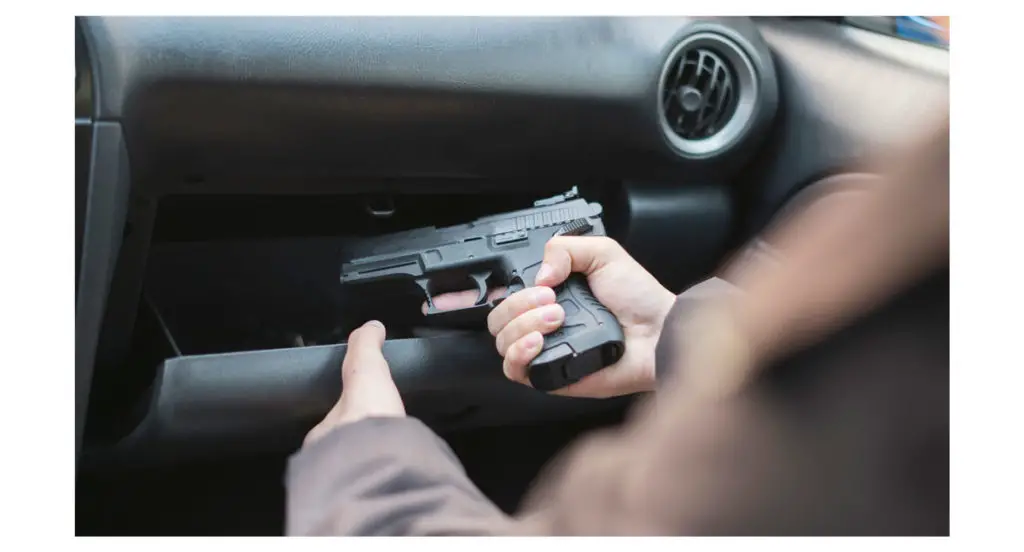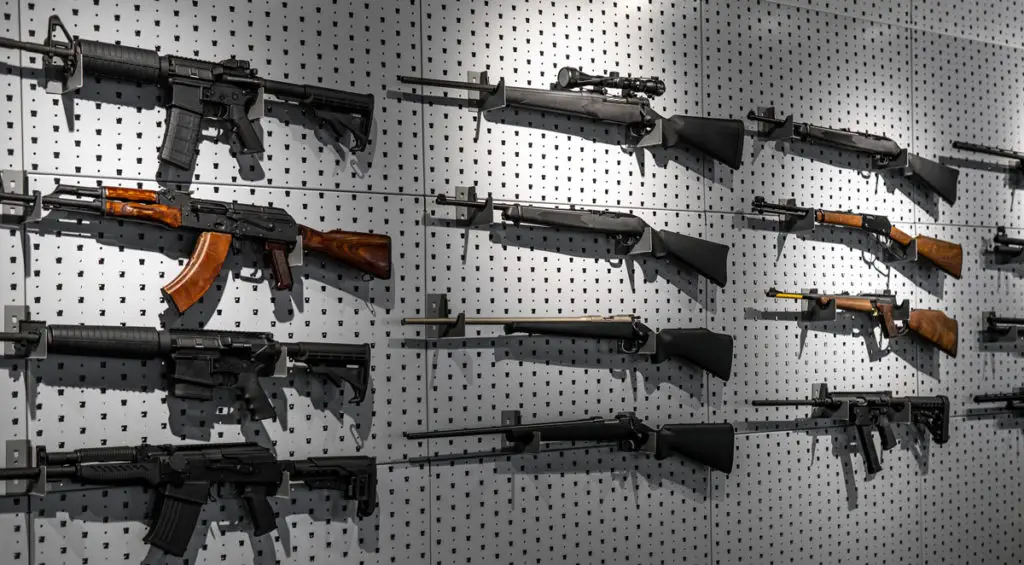The United States of America has over 60 different sets of federal, state, reservation, and territorial gun laws! As a result, it is very easy for otherwise law-abiding Americans to get tangled in a legal and financial nightmare when purchasing guns or gun accessories out of state, or even just traveling through!
That was the case for Shaneen Allen, a Philadelphia resident who was arrested for driving with her gun, legally purchased and registered in Pennsylvania, through New Jersey back in 2013. That’s because New Jersey law requires that any firearm being transported across state lines MUST be unloaded and locked in the trunk, unbeknownst to Allen. She could not look for help from the feds or her state government.
Simply possessing firearms in the wrong manner, in the wrong state, was all it took. Luckily for her, media coverage of the case brought it to the attention of New Jersey’s governor who pardoned her at the end of his term.
However, most of us won’t be so lucky. It’s up to us to make sure we know and follow federal law, as well as the laws in in every state, territory, and reservation we might enter or wish to make a purchase from.
Today we are going to be talking about purchasing and transporting a firearm from out of your home state. While federal laws generally govern interstate commerce, state laws will have a big impact on what weapons you can buy.
Can I buy a gun out of my home state?
Kind of. Firearm dealers may sell rifles or shotguns (not handguns) to people who live in a different state, but only if the sale complies with the laws of both the state where the sale is taking place and the state where the person lives.
However, this gets tricky because of the complexity and variability of state gun laws today.
For instance: if a Californian walks into a Texas gun shop, the shop cannot sell them a long gun because California law prohibits out-of-state gun purchases, even from a licensed dealer.
If a Floridian walks into that same Texas gun shop, they can buy a long gun, but the shop has to hold it for three days because Florida law requires a 3 day waiting period.
The caveat here is pistols and hand guns. Federal law states that a licensed dealer may NOT sell a handgun to out of state residents. Hand gun sales must only be made to lawful residents of the state in which the transaction is taking place.
Is your head starting to hurt yet? Imagine owning a gun shop! Those who sell firearms take these laws very seriously and must be aware of the requirements of all 50 states!

Are Internet Gun Sales Legal?
Yes, you can purchase a firearm online (or in person) from a Federally Licensed Firearms Dealer (FFL) out of state and have it shipped to a FFL dealer in your home state. However, you must take possession of the firearm in your home state and the sale must comply with your state’s laws.
So if you are in California for instance, the magazine of the gun must not exceed 10 bullets – even if you purchased the gun from Texas which has no such limitation.
Gun sites are typically pretty good about ensuring that any firearm you purchase is legal in the state you are shipping it to. Often times you will even see California specific variations of a firearm that comply with local laws.
In-State Online Gun Sales
In 27 states, no background check is required between private parties buying and selling within state lines.
While these instate sales represents about 1.2 million online sales per year on popular gun buying website Armslist, it is important to note that in this case both the buyer and seller MUST be residents of the same state and it must be one of the 27 states that permit this kind of sale.
One of the most common criticisms of anti-gun activists is that criminals can anonymously buy guns online and take receipt of them, no questions asked. However, only about 2% – 5% of gun transactions nationally fall into this category. All others require a federal background check.

What about gifts, and private party transfers?
So how do you get around this in order to give a gun as a gift or make a private party transfer between states?
Federal law requires that you take possession of the firearm in the state in which you reside. That means going through a licensed dealer.
I recently had this very dilemma. My brother-in-law in Arizona ended up with my .357 and I ended up with his .22 pistol. We needed to make a private party transfer between states.
In order to swap back (and this is the process in all of the cases in this section) we each had to go to a licensed dealer in our state or residence. We each presented our weapons, filled out the necessary paperwork, and paid the fees.
A few days later, we each received word from our in-state licensed dealer that the guns had arrived. At this point, the process is the same as any in-state gun purchase.
I went to my local licensed firearms dealer, paid another pile of money, filed a form 4473 and submitted to a federal background check, waited for approval, and took possession of my gun. The entire process took maybe 20 minutes.
Back in Arizona, my brother-in-law did the exact same thing with his Arizona federal firearms licensee.
While all of this seems like an expensive pain in the neck, because it is, it is the ONLY LAWFUL WAY to transfer firearms between states. You must always use a licensed firearms dealer! Federal regulations give you no wiggle room on this.
Is it legal to transport firearms across state lines?
Yes, it is legal to transport a gun across states lines as long as you are legally capable of possessing that firearm in the state you came from and the state you are traveling to.
This will obviously vary greatly depending on the states you are driving through and the firearms you wish to possess. Before transporting a firearm across state lines, be sure to research the laws of both states thoroughly and ensure you comply with them at all times.
Unlike a sale through an FFL dealer, you are solely responsible for following the law here. If you are unsure, do not attempt it. Alternatively, try contacting a lawyer or FFL dealer to ask for advice.

If you have a concealed carry license (and plan to conceal your firearm), ensure that the state you are entering honors the license from your home state.
It is recommended to keep your firearms unloaded, hidden in your car, and out of reach when crossing state lines. Some states (such as New Jersey in the story above) require this by law.
Federal Crimes & Punishments
Under federal law, most firearms crimes, including illegally transporting across state lines, are charged as felonies.
As such, expect to be sentenced to serve up to either 5 or 10 years in federal prison, as well as being ordered to pay a fine of up to $250,000, or by both imprisonment and fine (18 U.S.C. § 924).
If you have any professional licenses, you will almost certainly lose it. You will also lose your Second Amendment rights, as well as facing a number of other potential sanctions. And, of course, if you yourself are a federal firearms licensee, you will lose that as well.
Finally, it is essential to note that none of what has been written here applies to you if you are already prohibited from possessing a firearms such as if you are a convicted felon, an illegal immigrant, under a restraining order, etc.
Again, this research is your responsibility and if you fail to know the law, the consequences will be your as well.
This article does not constitute legal advice. Please seek the advice of an attorney and/or FFL dealer when making any final decisions about how to transport firearms across state lines or instate.
Sources:
- https://www.atf.gov/firearms/qa/may-licensee-sell-firearm-nonlicensee-who-resident-another-state
- https://uscode.house.gov/view.xhtml?req=granuleid:USC-prelim-title18-section924&num=0&edition=prelim
- https://guides.sll.texas.gov/gun-laws/sales-across-state-lines
- http://uscode.house.gov/view.xhtml?path=/prelim@title18/part1/chapter44&edition=prelim

Researched and written by the American Gun Facts team. We are a group of Americans dedicated to providing factual information on firearms and fighting back against attempts to weaken or discard the Second Amendment. We write on topics ranging from firearm statistics, news, reviews, and more! AGF has been featured in the New York Times, NBC, MSN, Time, & many other publications.
